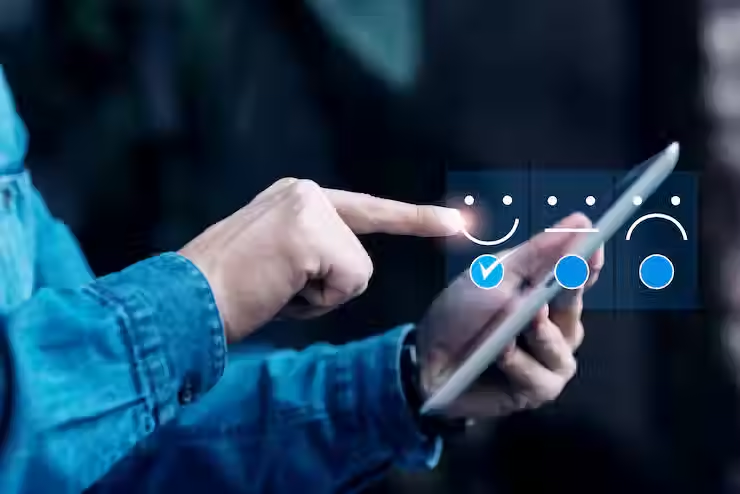Visa Denied Because of Online Footprint? Here's How to Fix It
- inboxcleanslate
- Apr 26, 2025
- 2 min read

Your Online Identity Travels Before You Do
In an era where a quick search can uncover your entire digital history, embassies and immigration officers are not just looking at your paperwork—they’re checking your online presence too. Many applicants are shocked to discover that a visa denial can stem from a problematic online footprint. If you’ve faced this or fear it might happen, you’re not alone — and you’re not powerless.
How Online Reputation Affects Visa Decisions
Visa officers assess not just your financials and employment documents, but your overall credibility and risk profile. Public online content tied to your name can trigger concerns, including:
References to legal disputes, arrests, or ongoing cases
Negative media articles or accusations
Content related to political activism (especially in sensitive regions)
Social media activity that seems suspicious or inflammatory
Misidentifications where someone with your name is involved in controversies
In some countries, digital background checks have become standard procedure for high-risk categories.
Real Stories: When Google Becomes the Gatekeeper
An IT professional's U.S. visa was delayed because an old newspaper mistakenly associated their name with a financial fraud case.
A student’s education visa was denied due to political posts on social media years ago.
A business visa applicant was flagged due to outdated bad press about a failed startup.
Each case involved online reputation issues that could have been managed or mitigated with the right help.
Why Cleaning Your Digital Footprint Matters
Embassies may not inform you why exactly you were denied. Often, "security concerns" or "inadequate ties" are cited, but underlying reasons are often digital.
Fixing your online reputation not only increases your chance for visa approval but also improves:
Credibility with international employers and partners
Eligibility for overseas education and business opportunities
Protection against long-term blacklisting in immigration systems
How Clean Slate Can Help
At Clean Slate, we specialize in removing or suppressing damaging online content that could interfere with visa processes. Our methods include:
Takedown Requests: Direct, formal appeals to editors and webmasters to remove negative content.
Suppression Campaigns: Promoting positive, accurate content to push down unwanted links.
Confidential Remediation: Proprietary methods to deal with stubborn or anonymous content sources.
Personalized ORM Strategies: Tailored reputation management plans based on your visa type and destination country.
Every step is handled discreetly, professionally, and with full respect for your privacy.
What You Can Do Today
Google Yourself: Search your full name and major variations. See what others see.
Audit Your Social Media: Remove or hide controversial posts, photos, and comments.
Consult ORM Experts: If you find concerning results, seek professional help immediately.
Delaying action could cost you precious months or years in reapplication cycles.
Conclusion: Your Future Is Worth Protecting
One denied visa should not define your dreams. Whether it’s studying abroad, seizing a job offer, or expanding your business internationally, your online identity matters more than ever.
Clean Slate is here to help you build a digital image that opens doors — not closes them.
Get in touch with us today to secure your clean start.




Comments